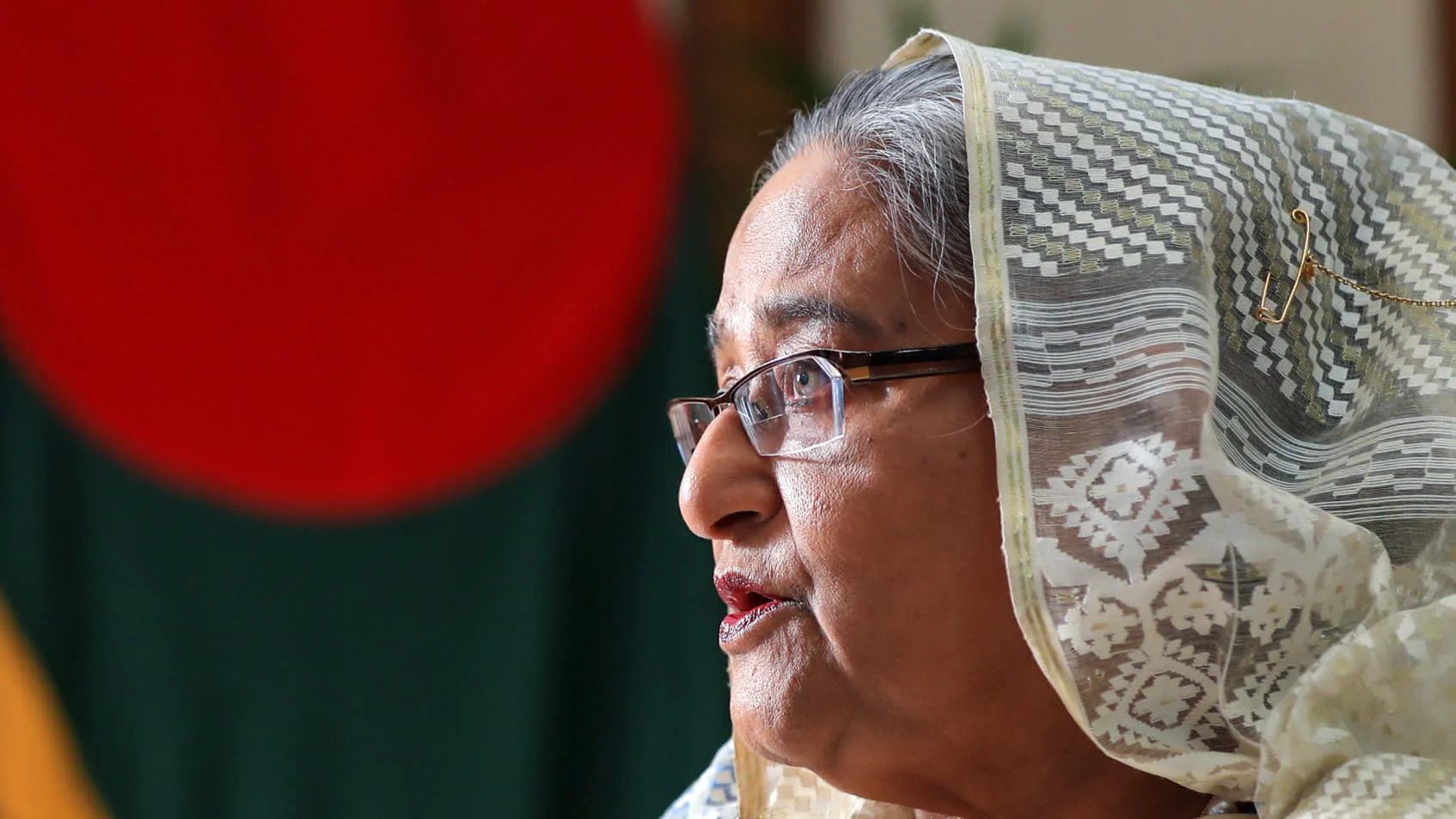Abortion Laws in Latin America
As a resident of the United Kingdom, it is possible that I have taken for granted the ease and access that I have to contraception and planned parenthood. If I were a citizen of Latin America, my options would be much more limited as the region is home to some of the most restrictive and antiquated abortion laws in the world.
Unfortunately, it is much quicker to list the countries in Latin America where it is legal to abort—in December 2020, Argentina became the first major country in the region to fully legalize abortion. There is a total ban on abortion in four countries: the Dominican Republic, Honduras, Nicaragua and El Salvador. This means that there are no circumstances in which an abortion is considered legal.
These restrictive laws result in astronomical numbers of clandestine abortions each year in Latin America. Between 2015 and 2019, on average, 73.3 million induced (safe and unsafe) abortions occurred worldwide each year. In Latin America, the majority (approximately 3 out of 4) of all abortions are unsafe. Unsafe abortion are carried out by an individual lacking the necessary skills or in an environment that does not conform to minimal medical standards, putting the health of the mother at risk. These procedures lead to horrifically high numbers of casualties and complications: about three quarters of a million women in Latin America are treated every year for complications from unsafe abortions.
The Guttmacher Institute, a leading research and policy organisation committed to advancing sexual and reproductive health and rights, recommends an overhaul of attitudes towards abortion in Latin America. The organisation suggests the provision of postabortion care and increased access to family planning, especially for women living in rural areas with less access to medical facilities.
Change, however, is coming to Latin America. At the end of 2020, the Argentinian Congress legalised abortions up to the fourteenth week of pregnancy, ‘a ground-breaking move for a region that has some of the world’s most restrictive termination laws’. Until this law was passed, abortions were only allowed in cases of rape or when the mother’s health was at risk. In recent months, the movement gained worldwide attention when the pro-choice activists became known for wearing green bandanas, and were subsequently christened ‘la ola verde’, or ‘the green wave’ . Activists in Latin America and the world are hopeful that this wave of change in legislation will lead to a domino effect across the continent, resulting in a modernisation of abortion laws.
And now, it seems as though this wave of protest is reaching the shores of other Latin American nations. In Chile, the Pinochet regime and its harsh neoliberal model is still largely intact. In October 2020, however, the Chilean population voted to replace the Pinochet era constitution with one written by an elected body. This change presented the opportunity to enshrine the fundamental right to choose for women. Even today, Chilean women face a five year prison sentence for receiving an abortion. Nevertheless, Andrea Alvarez, from a Chilean pro-abortion rights group, remains hopeful as a coalition in the nation are developing a bill for free access to safe and free abortion.
However, the road to abolish these draconian anti-abortion laws will not be easy. Just a month after Argentina’s momentous change in abortion laws, Honduras went and approved a bill that made it virtually impossible to legalise abortion in the country. Currently, it is illegal to receive and abortion in Honduras under any circumstance, even in cases of rape or incest. Having been constitutionally banned in Honduras since 1982, abortions in the country are now unlikely to made legal in the coming years, despite the “green wave” of pro-choice campaining.
Noelia Garone, a human rights lawyer and participant in the pro-choice demonstrations in Buenos Aires, remains optimistic for the future, commenting that the protestors ‘were a beautiful green tide, one that will keep moving forward’. Activists in the region believe that with the use of campaigns and protests, abortions will eventually become legalised across Latin America. Whether this change will be achieved remains to be seen in the following months and years.











